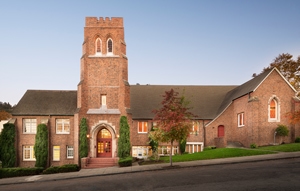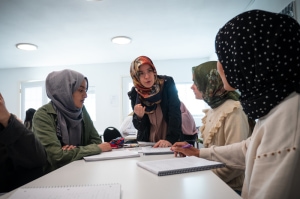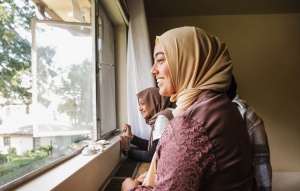-
About
In 2009, Zaytuna College was founded in Berkeley, California, with a mission that called for grounding students in the Islamic scholarly tradition as well as in the cultural currents and critical ideas shaping modern society.
-
Academics
Zaytuna College aims to educate and prepare morally committed professional, intellectual, and spiritual leaders who are grounded in the Islamic scholarly tradition and conversant with the cultural currents and critical ideas shaping modern society.
-
Admissions & Aid
Our mission is to educate students to become morally, intellectually, and spiritually accomplished individuals ready to contribute to our contemporary world in ways that are proportionate to their gifts and to the needs of human society.
-
Campus Life
Zaytuna’s campus is on Holy Hill and students enter the College as part of a cohort, a community of learners that travel together through the curriculum.



